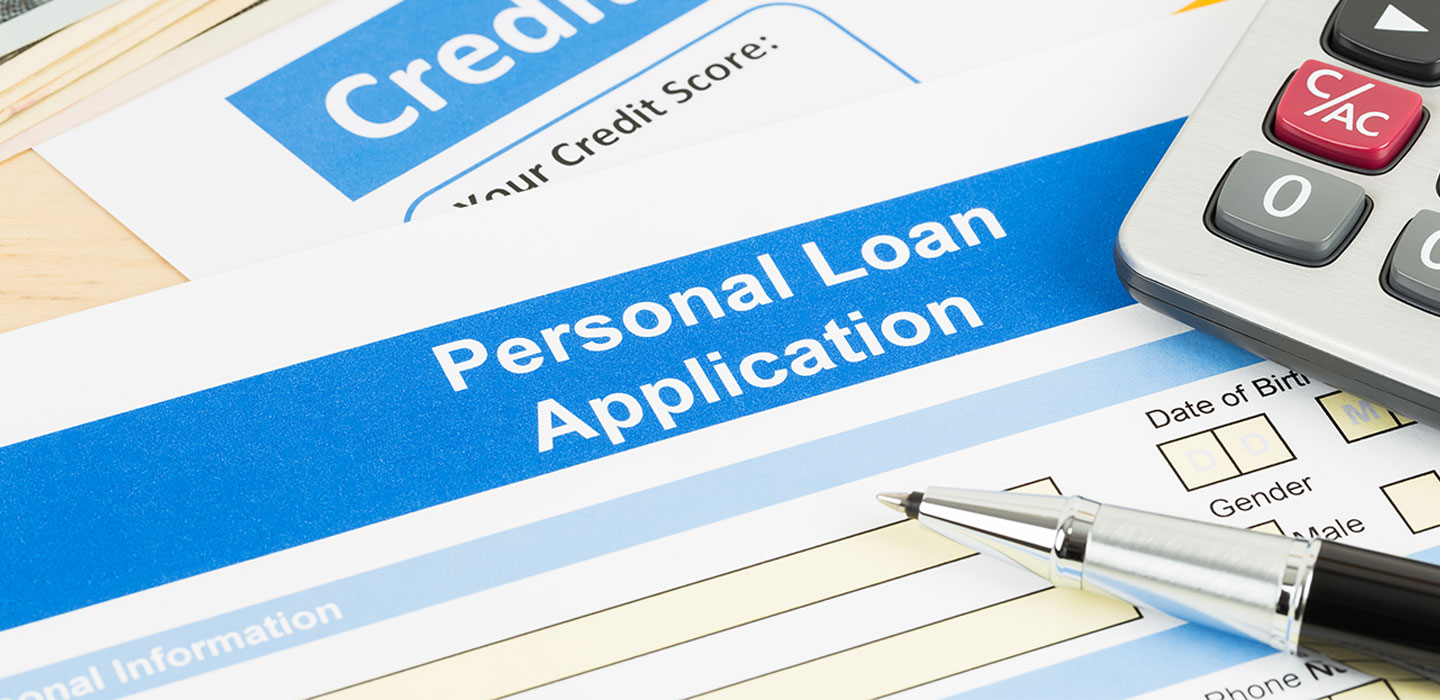When you need extra cash to pay for a home remodeling project or other major expense, a personal loan can be a low-cost solution. You can use a personal loan to pay for almost anything. All you have to do to be approved is meet minimum income and credit standards set by the lender.
Despite their flexibility, personal loans aren't right for every situation. Before you complete an application, consider the pros and cons.
What is a personal loan?
A personal loan is a credit-based loan that provides eligible borrowers with a lump sum of cash. Many of these loans do not require you to secure the loan with collateral, such as a vehicle or home. Unlike auto loans and home equity loans, you're not risking the loss of your vehicle or home if you fail to repay an unsecured personal loan as agreed. However, the interest rates tend to be higher for unsecured loans because they are considered riskier by many lenders.
Pros
Flexibility
Student loans have one purpose: to pay for educational expenses. Auto loans pay for the purchase of a new or used vehicle. But personal loans are free from those restrictions. Borrowers can use the money with few limitations. Typical uses include:
- Paying for major home renovations or repairs.
- Consolidating high-interest rate credit card debt.
- Paying off medical debt.
- Paying for unexpected expenses.
Personal loans allow you to decide how best to use the money.
Quick Approvals
A lending decision is typically based on your credit score and your ability to repay the loan. Unlike home equity lines of credit and vehicle loans, there are fewer factors to consider before receiving an approval or credit denial. Some financial institutions offer decisions in less than 48 hours.
Lower Interest Rates
Personal loans often come with an interest rate lower than most credit cards. Some borrowers will use a personal loan as part of a debt repayment strategy. They will consolidate multiple high-interest rate credit cards with a single low-interest rate personal loan. Payments will be for a set term and often result in less overall interest paid. Interest rates vary by lender.
Higher Borrowing Limits
It's rare to find a credit card with a low interest rate and borrowing limits up to $50,000. Eligible borrowers with excellent credit may secure low, single-digit interest rates and high loan amounts. This is an unlikely scenario with most credit cards. Borrowing limits vary by lender.
Cons
Higher Monthly Payments
Unlike credit cards that let you take years to pay off small balances, personal loans require higher monthly payments to ensure you pay the loan off by the end of the repayment period. You may also have higher monthly payments due to the amount borrowed in one lump sum. If you don't adjust your finances to fit your new payment, you could default on the loan and damage your credit.
More Debt
A personal loan is still a loan that must be repaid, with interest. If you plan on using the loan to consolidate existing debt without first addressing how you accumulated debt in the first place, you could be headed for the same scenario down the road. Unless you change your spending habits, you might start using the credit card accounts you consolidated, creating a debt merry-go-round that's hard to exit.
We Can Help
A personal loan may be the right financial move for your situation. Review your budget and spending habits to determine if taking on new debt would interfere with or support your financial goals.
SchoolsFirst offers no application fee, low-interest rate personal loans to Members to use for almost any purpose. Borrowers who make payments through automatic transfer receive an additional 0.75% interest rate discount.1 You can complete an online Express Application today.
All loans subject to approval.
1. Automatic payment transfer from a SchoolsFirst FCU Savings or Checking account.

